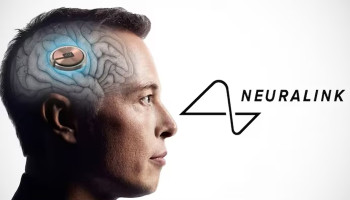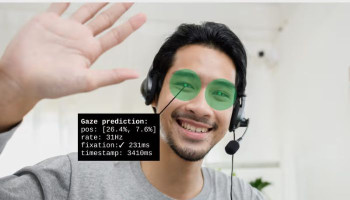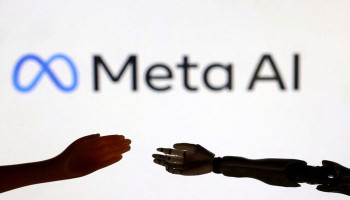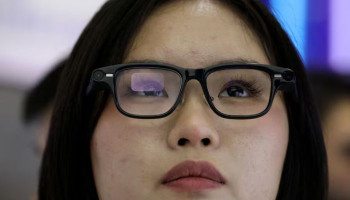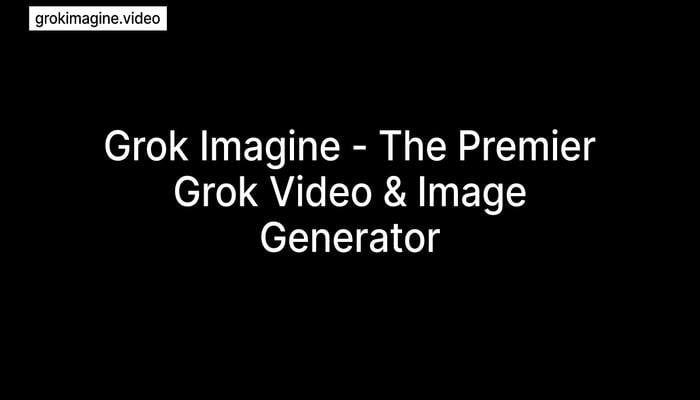
As artificial intelligence (AI) has transcended the limits of what its creators believed it capable of, Elon Musk’s AI company xAI has introduced Imagine, which has gained some jaw-dropping and controversial features.
Imagine is a new image and video generator for the Grok app, allowing users to create short AI videos with sound, all with just simple text prompts.
Aside from transforming static images into dynamic clips, the controversial and seemingly inappropriate side of the feature is that it has been integrated with a “spicy mode” for generating NSFW content.
As of now, Grok's new spicy mode is exclusively accessible to employees and selected influencers.
Given the official announcement made by Grok’s official account, the new video generation will be “coming soon,” and will require users to download the Grok app, subscribe to SuperGrok for $30 per month, and join the October waitlist.
What's Grok's new spicy mode?
In a post shared on his own social networking site X (formerly known as Twitter), Musk speculated that Imagine would revive the essence of Vine, the platform known for its six-second videos before its closure in 2017.
Fortunate early testers, having tried the new Grok feature, shared the clips they generated using the upcoming video generation tool. These visual representations showed a cat floating through space and an astronaut exploring an alien world.
Can Grok's spicy mode really generate explicit content?
It was also reported that “spicy mode” allows to create sexually suggestive content, including partial and full nudity. Early users and xAI employees have shared videos showcasing its capabilities, raising concerns about the risks of explicit deepfakes.
The AI tool in question is making waves at a time when President Donald Trump signed the "Take It Down Act," bill into law in May, making the distribution of non-consensual explicit content, including AI-generated media, illegal.






